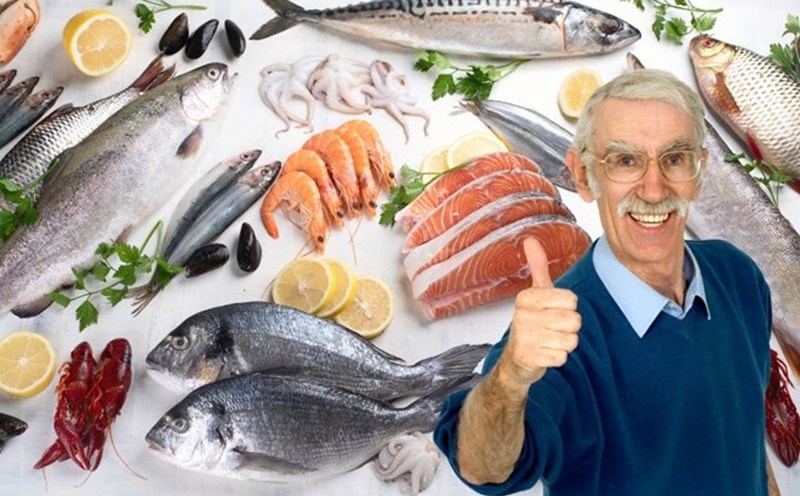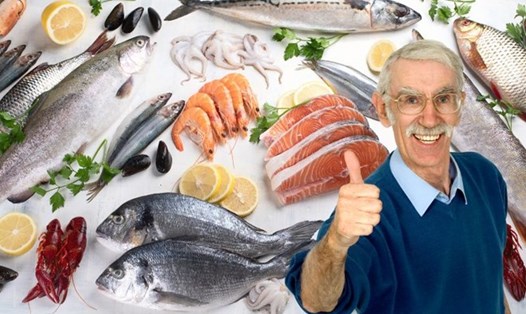Watermelon
Watermelon is a popular, cheap and popular fruit. This fruit is rich in lycopene, vitamin C and carotenoids. With 90% water content and 6% sugar, watermelon is used in many ways such as eating directly or processed into cakes, juices... Regularly eating watermelon can help increase resistance, support the immune system to function effectively.
Black plum
Black plum is a fruit originating from India and is commonly used in European countries. Black plums have a dark purple or black skin, small seeds with a sweet flavor. Black plums contain about 80% water and 16% carbohydrates, along with vitamin C, polyphenols and antioxidants that help stabilize blood pressure, lower blood sugar, protect the heart and fight inflammation. Eating black plums regularly helps the body increase resistance and fight seasonal diseases.
Mango
Mango is a popular tropical fruit loved by many people. Mango contains beta carotene, antioxidants, potassium and magnesium. Not only does mango help reduce inflammation, it also helps control blood pressure. The high fiber content in mangoes also helps reduce constipation, which is good for the digestive system.
Sai Sai
In addition to its high water content, squash also contains vitamin C, B vitamins, vitamin K, vitamin A, vitamin E, as well as iron, folate, potassium, manganese and soluble fiber. All of these nutrients help boost immunity and aid digestion.
Ha det
sedge is rich in iron, calcium, magnesium, alpha-linolenic acid (ALA) and soluble fiber. Thanks to that, tea seeds help support the process of rehydration, regulate blood sugar levels and aid digestion. Regularly eating tea seeds helps strengthen the immune system, increase resistance to help the body stay healthy against the invasion of harmful viruses during the changing seasons.









